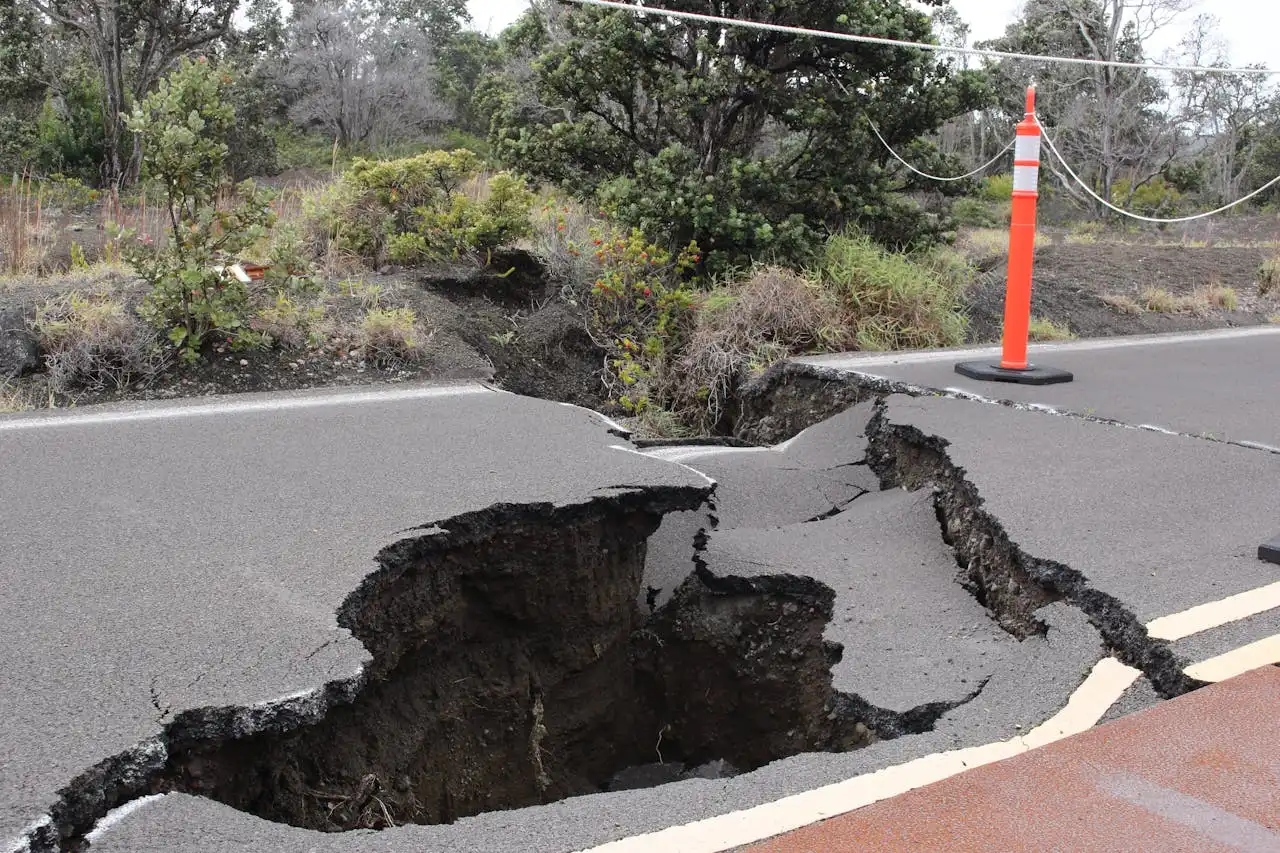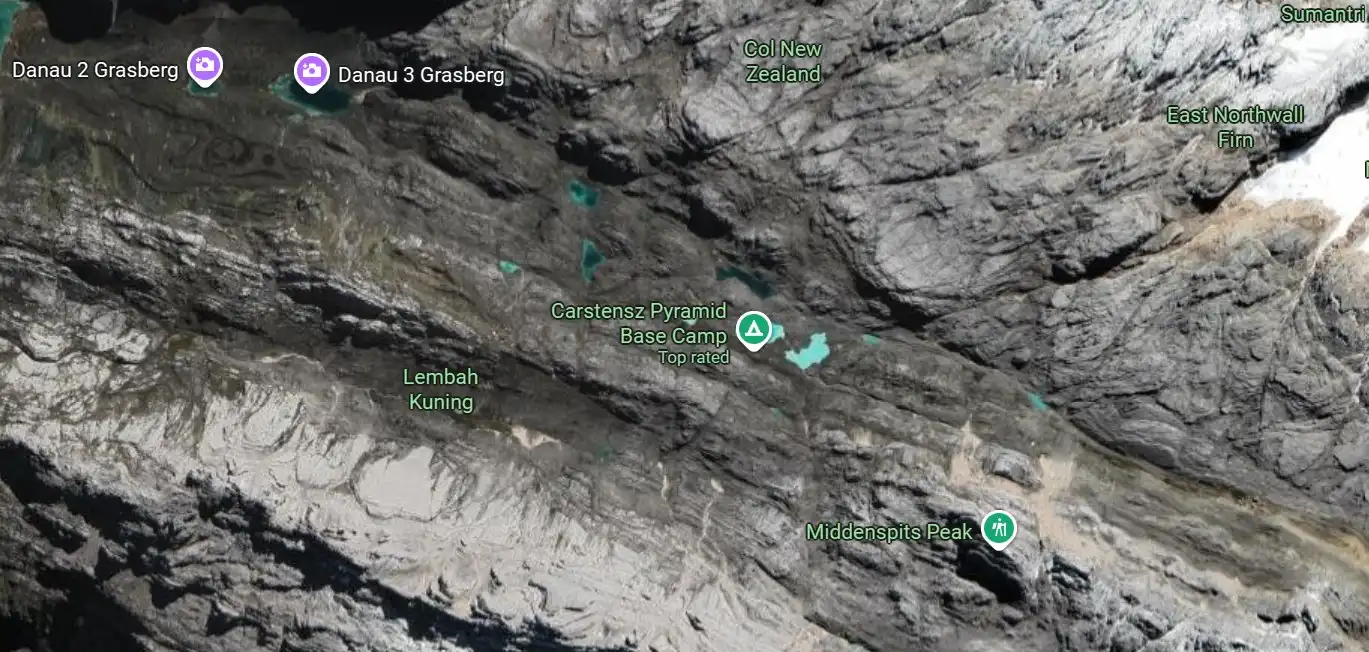Tourism's Unsung Champion: Why Spain Is Quietly Out-Earning France
Randhir Singh - Thursday, 10 July 2025 | 12:15 PM (WIB)


The French Paradox: A High-Volume, Low-Spend Scenario?
France’s incredible visitor count is undeniably impressive. From the cultural grandeur of the Louvre to the fairytale castles of the Loire Valley, its allure is undeniable. However, a deeper dive into the numbers reveals a nuanced picture. Many of these millions of visitors aren't necessarily staying for extended periods or splurging on high-end experiences. Think of it like this: a significant portion of France’s tourist traffic includes short-stay visitors, often from neighboring European countries. These could be cross-border shoppers from Belgium or Germany popping over for a day trip, perhaps grabbing some French cheese and wine, enjoying a quick lunch, and then heading back home. Or business travelers who spend a night or two in a city for a meeting. While every visitor counts, these short, often low-spending trips, while contributing to the overall "number of tourists," don't translate into the kind of substantial per-person expenditure that drives significant economic benefit. It's a bit like a bustling free concert – huge attendance, but where's the actual ticket revenue? France, despite its global appeal and iconic status, seems to grapple with converting this sheer volume into lucrative, longer-stay, luxury tourism.España's Masterclass: Quality, Culture, and Serious Coin
Now, let's pivot to Spain. While it hosts fewer international visitors than France, its tourism strategy is, shall we say, a veritable masterclass in maximizing value. Spain proudly stands as the second-highest earning country globally from tourism – a remarkable feat given its lower visitor count compared to France. This isn't just a fluke; it's a testament to a well-executed plan focused on attracting tourists who genuinely open their wallets wider and stay longer. What's their secret sauce? Spain excels at pulling in visitors who are seeking a more immersive, often lengthier, and higher-expenditure experience. Imagine long, sun-drenched holidays on the pristine beaches of the Balearic Islands or the Costa del Sol. Picture deep dives into the vibrant cultural tapestries of cities like Barcelona, Seville, or Granada, complete with flamenco shows, architectural marvels, and gourmet tapas tours. Spain has invested heavily in its tourism infrastructure, creating a seamless experience from world-class resorts to efficient transport links, and cultivating a vibe that just screams "relax, indulge, and enjoy." They've successfully branded themselves as a destination where you come for an experience, not just a quick photo op, and tourists are clearly buying into that high-value proposition.A Tale of Two Strategies: Footfall vs. Financial Flow
It’s almost like comparing a bustling fast-food drive-thru to a high-end, reservations-only bistro. Both serve customers, but the average spend and experience are worlds apart. France, in this analogy, might be the drive-thru – quick, convenient, immense traffic, but individual transactions are modest. Spain, on the other hand, operates more like the upscale bistro – fewer tables, perhaps, but each diner spends more, savors the experience, and contributes significantly more to the overall take. The typical French tourist, particularly those contributing to the sheer volume, might be a day-tripper from a bordering country, perhaps doing some cross-border shopping or visiting a specific historical site before returning home. Minimal overnight stays, limited hotel expenditure, and a quick grab-and-go lunch. Contrast this with the average tourist drawn to Spain, who often plans a multi-day or multi-week vacation, books quality accommodation, dines out frequently, enjoys various activities, and generally just has a higher per-visit expenditure. They're not just visitors; they're guests engaging deeply with the local economy. This isn't merely about beaches versus monuments; it's a fundamental difference in strategic focus. While France seems to prioritize sheer accessibility and broad appeal, Spain has honed in on delivering a comprehensive, high-quality experience that encourages longer stays and greater spending.The Long Game: Is This the Future of Travel?
Spain's approach isn't just about making more money right now; it arguably presents a more sustainable and profitable model for the long run. Fewer tourists (when compared to France’s colossal numbers) could potentially lead to less strain on local resources, reduced overcrowding, and a more enjoyable, authentic experience for everyone involved – tourists and locals alike. It's a classic case of prioritizing quality over raw quantity, and it seems to be paying off handsomely. One might argue that chasing the highest visitor numbers at all costs can lead to the 'overtourism' headaches we've seen in many popular spots, often without the commensurate financial reward if those visitors are low-spenders. If current trends hold steady, industry watchers are predicting that Spain is poised to potentially surpass France in overall tourism earnings in the near future. That's a seismic shift, fundamentally re-shaping how we define success in the global tourism landscape. It’s no longer just about being the most popular kid on the block; it's about being the most economically impactful one. So, the next time the conversation turns to the world’s tourism leaders, remember to ask: "Are we talking about footfall, or the actual spend?" Because while France might still win the popularity contest by sheer numbers, Spain is quietly, but powerfully, winning the financial marathon. It’s a compelling story of strategic prowess, proving that sometimes, less truly is more. And who knows, perhaps France will eventually take a page from Spain’s savvy playbook.
Did Earth Just Jump from 3D to 5D? Let's Deconstruct the Hype
6 months ago

South Korea Says "No More Pixels, More Pencils!" in Classrooms
6 months ago

Japan Earthquake Rumors: Between Manga Prophecies, Tourist Fear, and Scientific Reality
6 months ago

Marina Bay Sands to Become a New Icon with US$8–9 Billion Development
6 months ago

Global Water Crisis 2025: A Threat That Cannot Be Ignored
6 months ago

The Vanishing Crown: Global Warming's Grip on Carstensz Peak's Glaciers
6 months ago

The Pig Lungs That Could Change Everything: A New Dawn for Organ Transplants?
6 months ago

The Unseen Legacy: Chernobyl's Enduring Echoes on Life and Land
6 months ago

South Korea's Latest Crime-Fighting Gizmo: Say Hello to the Hologram Police!
6 months ago

The Cosmic Game of Hide-and-Seek: Beyond Planet X, Meet Planet Y?
6 months ago
